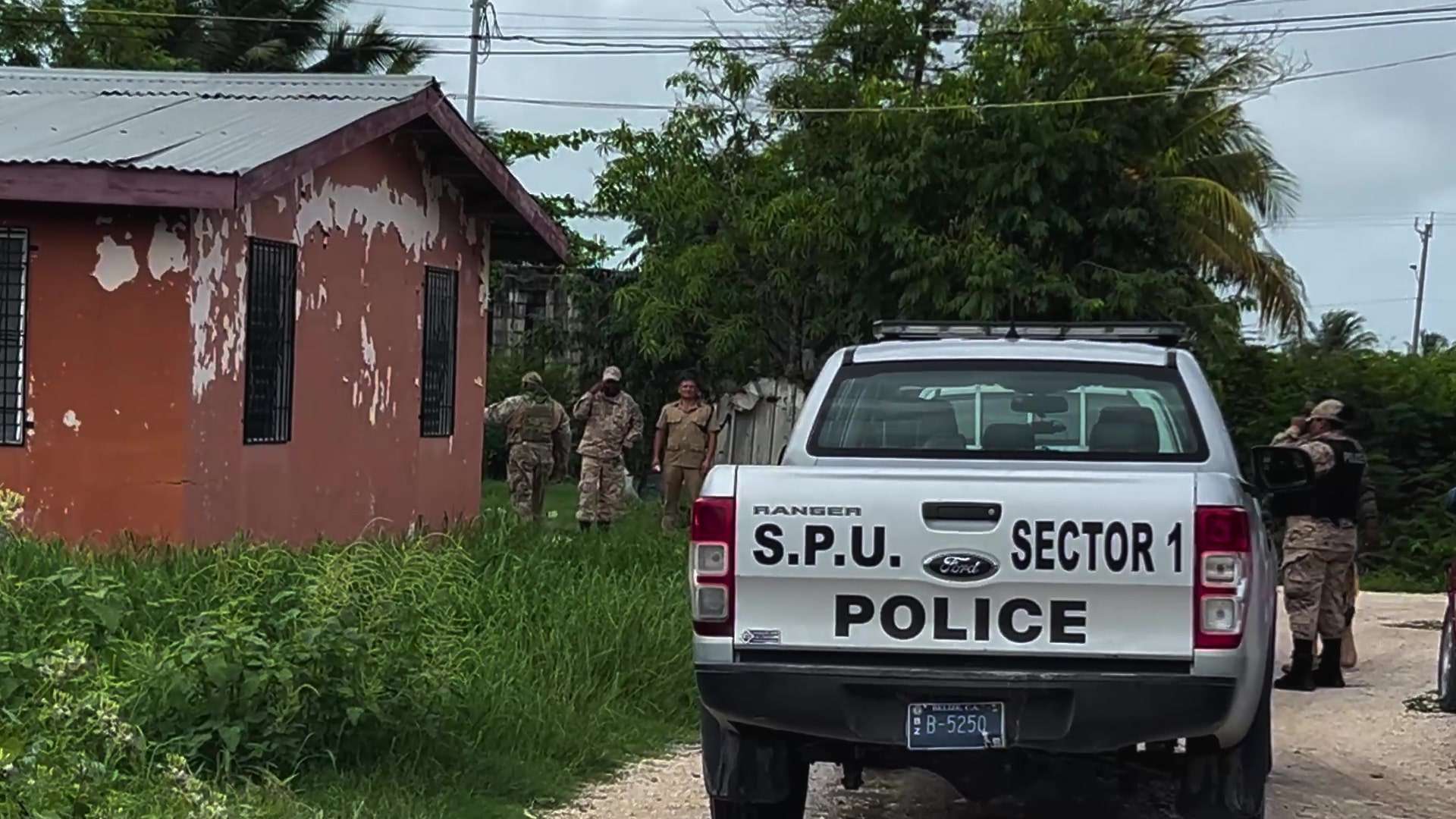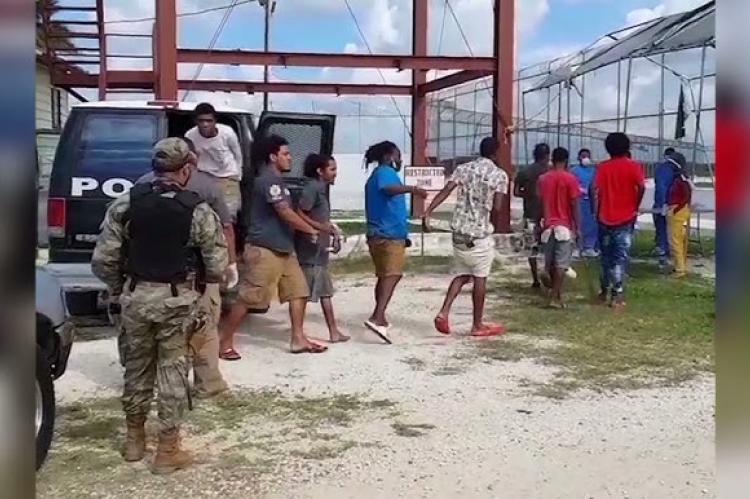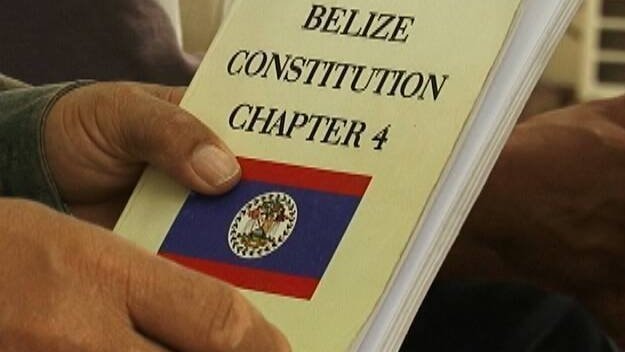On May 26th, the Belize Constitution (Thirteenth Amendment) Bill, 2025 was introduced by Prime Minister John Briceño. The bill proposes significant changes aimed at enhancing the government’s ability to combat crime and maintain public safety amid rising gun violence and gang activity. The amendment seeks to clarify and expand the legal framework for declaring “special areas” where public safety and order can be prioritized, including the temporary limitation of certain rights to prevent, detect, or control crime. It also provides for the establishment of a Gun and Gang Court and validates previous proclamations of states of emergency and related regulations. However, the proposed amendments have drawn significant opposition.
The amendment proposes the explicit insertion of new sections (18A and 18B) into the Constitution, defining “special areas” and empowering the Governor General to declare these zones based on advice from the National Security Council or the National Advisory Committee, on reasonable grounds. This legislative move follows conflicting High Court rulings in 2023 (Claims Nos. 613 and 818), which created legal uncertainty regarding the government’s use of emergency powers under Section 18(2) of the Constitution. The government contends that this uncertainty hampers its ability to act decisively against crime.

Prime Minister Briceño emphasized the urgency of the amendment during the bill’s introduction in May, stating, “Crime evokes strong emotions from the citizens of a country… They all deserve strong and decisive action from their government… The state of uncertainty cannot persist for such a long period. So, this is why I am here introducing this, Belize Constitution the thirteen-amendment bill 2025 because legislative intervention is necessary.” He also noted the government’s intention to appeal the High Court’s conflicting decisions when the case is scheduled for hearing in March 2026, during the next session of the Court of Appeal.
The proposed amendment has faced opposition from various sectors concerned about potential government overreach and the erosion of civil liberties. Critics argue that the expansion of emergency powers risks undermining democratic rights and could be misused. Residents of San Pedro have also expressed concerns. One local taxi driver stated, “If they are allowed to make those changes and put them in place on the mainland, how long before they don’t try the same thing here?”
The Belize Peace Movement and other civil society organizations have expressed strong concerns about the government’s approach to constitutional reform and broader governance issues, including electoral fairness and transparency, both of which have been central to political tensions throughout 2025.
While the government justifies the amendments as necessary to legally fortify Belize’s response to crime, restore legal certainty, and protect citizens, opponents warn of potential democratic backsliding. The proposal has ignited a national debate on the balance between civil rights and the potential misuse of state power. The bill’s progress and its broader implications for Belize’s governance and rule of law are being closely monitored.

